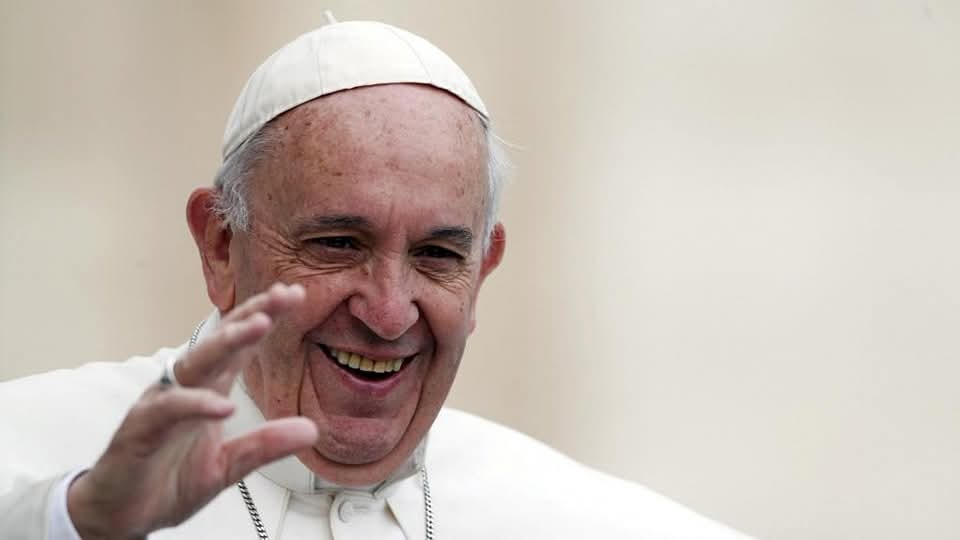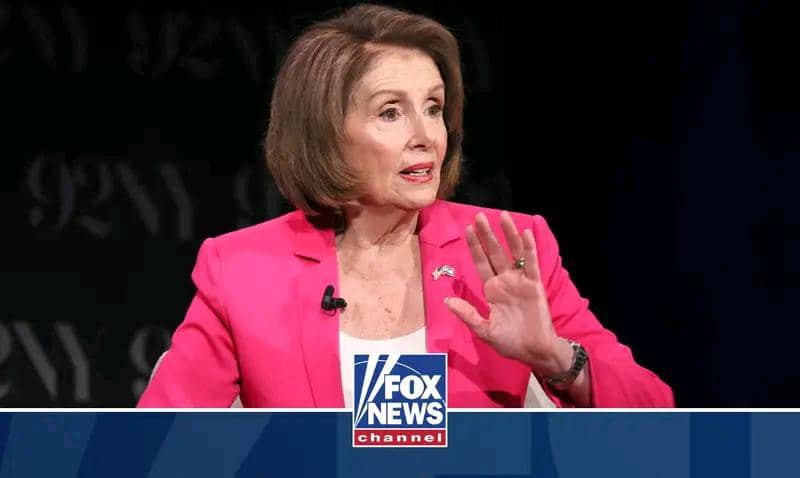By Burnett Munthali
The Vatican has officially announced the death of Pope Francis, who has passed away at the age of 88.
According to a report by the BBC, the pontiff died today at his residence at Casa Santa Marta in Vatican City.
His death marks the end of an era defined by humility, reform, and deep compassion for the marginalized.
Pope Francis became the head of the Catholic Church in 2013, following the unprecedented resignation of his predecessor, Pope Benedict XVI.
He was the first pope from Latin America and the first Jesuit to hold the position, bringing with him a different tone and pastoral style that resonated with millions worldwide.
His papacy was marked by bold stances on social justice, climate change, economic inequality, and the importance of inclusivity within the church.
The news of his passing was confirmed in a solemn statement released by Cardinal Kevin Farrell on behalf of the Vatican.
“Dearest brothers and sisters, with deep sorrow I must announce the death of our Holy Father Francis,” the statement reads.
Cardinal Farrell added that Pope Francis died at 7.35 a.m., returning “to the house of the Father.”
The statement reflected on the Pope’s devotion, stating, “His entire life was dedicated to the service of the Lord and His Church.”
Pope Francis was revered for teaching the values of the Gospel not only in words but in action—through fidelity, courage, and universal love.
Cardinal Farrell continued, “He taught us to live the values of the Gospel with fidelity, courage and universal love, especially in favour of the poorest and most marginalised.”
Pope Francis often referred to the Church as a “field hospital” for wounded souls and worked tirelessly to ensure it remained open to all people, regardless of their background or condition.
He championed the rights of refugees, the dignity of the poor, and the protection of the environment as a matter of faith.
In February this year, Pope Francis was hospitalized after being diagnosed with bronchitis, which raised major concerns about his health.
Although his condition became critical, he was later discharged in March after showing signs of recovery.
Despite his declining health, he remained active in church duties, often delivering homilies, meeting world leaders, and guiding the faithful through difficult times.
He continued to push for reforms within the Catholic Church, including more roles for women, greater accountability, and increased transparency.
Even in his later years, Pope Francis was seen as a moral compass in a world plagued by conflict, injustice, and division.
In his final message to the faithful, as quoted in Cardinal Farrell’s statement, the Pope’s legacy was summarized with these moving words: “With immense gratitude for his example as a true disciple of the Lord Jesus, we commend the soul of Pope Francis to the infinite merciful love of the One and Triune God.”
His passing has already sparked an outpouring of tributes from religious leaders, political figures, and laypeople around the globe.
Plans are underway at the Vatican for a papal funeral, which is expected to attract millions of mourners and dignitaries from every continent.
As the Catholic Church enters a period of mourning, it also begins the process of selecting a new leader through the College of Cardinals in a conclave that could shape the future of Catholicism.
Yet, for many, Pope Francis will forever remain a symbol of compassion, simplicity, and steadfast faith in the face of global challenges.
His smile, humility, and unwavering dedication to the teachings of Christ will continue to inspire generations to come.
In life, he walked with the poor; in death, he leaves behind a Church reminded of its mission to serve.
May his soul rest in eternal peace.




